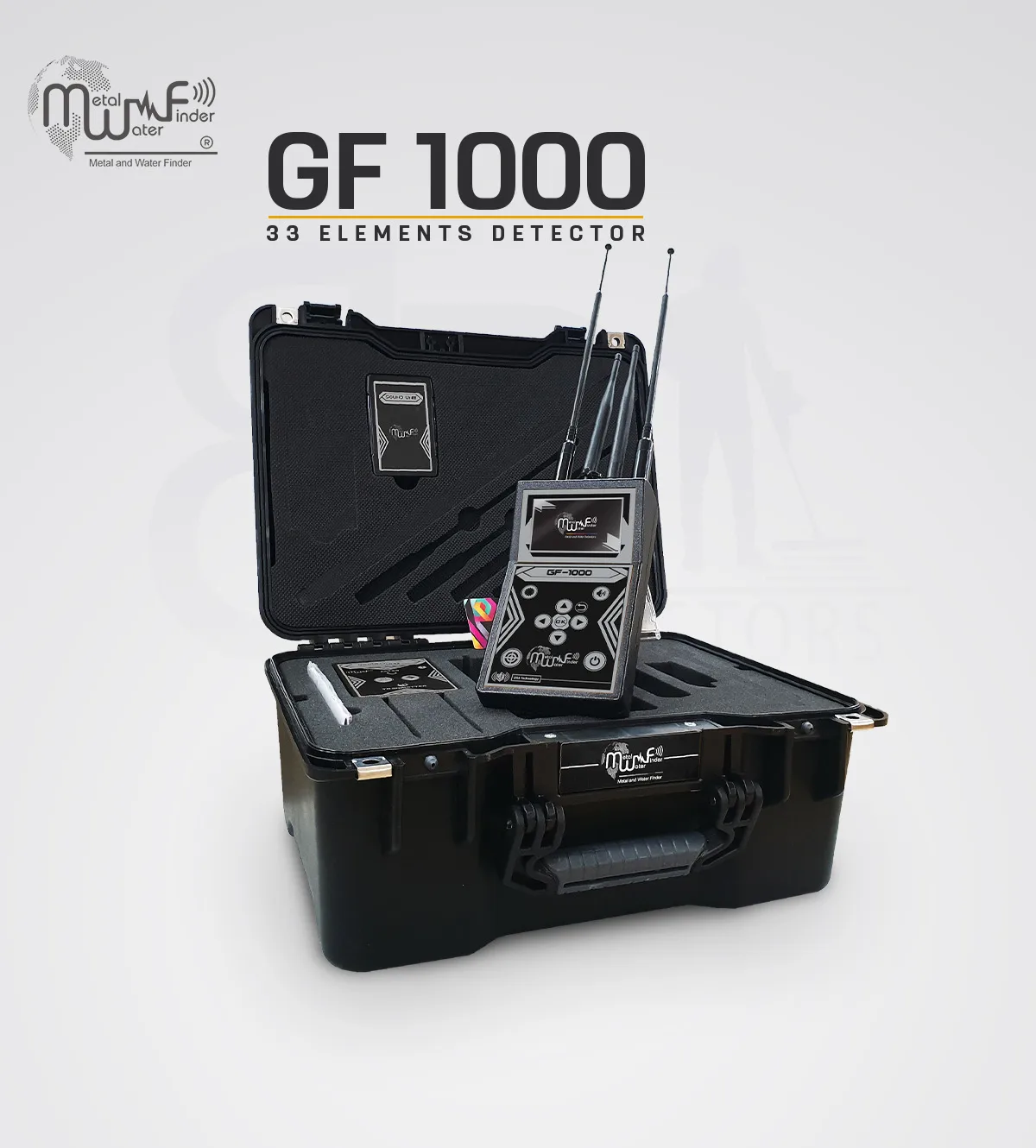In the fast-paced world of online gambling, privacy has become a top priority for many players. Traditional casinos often require extensive Know Your Customer (KYC) processes, involving ID uploads, proof of address, and even selfies to verify identity. This can delay withdrawals by days or weeks and expose personal data to potential breaches. Enter no KYC casinos: platforms that let you sign up, deposit, play, and cash out without sharing sensitive information.
These sites appeal to privacy-conscious gamers, crypto enthusiasts, and those in regions with strict local regulations. But with freedom comes questions about legitimacy. Do these casinos operate without oversight? Not at all. Reputable no KYC casinos hold valid licenses from offshore jurisdictions that prioritize player anonymity while enforcing fair play and security standards. In this article, we’ll explore the most common licenses, why they matter, and how to spot the best no KYC casinos for a safe experience.
By understanding these licensing frameworks, you can confidently dive into anonymous gaming without compromising on trust or excitement.
Why Licenses Matter in No KYC Casinos
Licenses aren’t just badges of honor—they’re legal assurances that a casino operates ethically. For no KYC platforms, which often skip traditional verification to enhance privacy, a solid license ensures games are fair, funds are protected, and disputes are handled transparently. Without one, you’re gambling on unregulated sites prone to rigging or sudden closures.
Offshore licenses allow flexibility for global access, especially since cryptocurrencies like Bitcoin and Ethereum power most transactions here. These digital assets provide inherent anonymity, bypassing fiat banking’s strict rules. However, even lenient jurisdictions demand operators use SSL encryption, provably fair algorithms, and responsible gambling tools. Choosing licensed sites minimizes risks like data leaks—remember, 2023 saw massive breaches exposing player IDs from traditional casinos.
In short, a license is your safety net, proving the casino complies with international standards without invading your privacy.
Common Jurisdictions and Their Licenses
No KYC casinos flock to jurisdictions with balanced regulations: strict enough for security, lax enough for quick onboarding. Here’s a breakdown of the top ones, based on industry trends in 2025.
Curaçao eGaming License
The gold standard for no KYC operations, Curaçao’s license is issued by the Curaçao Gaming Control Board. It’s popular because it covers unlimited gaming types—slots, live dealers, sports betting—while requiring minimal player data. Operators must prove financial stability and game fairness via third-party audits.
Pros: Global reach, low renewal fees (around $20,000 annually), and crypto-friendly. Cons: Oversight is lighter than EU bodies, so always check for recent audits.
Many best no KYC casinos, like CoinCasino and Instant Casino, hold this license, offering instant crypto withdrawals up to $100,000 without ID checks. In 2025, Curaçao reformed its framework, mandating better AML protocols, but still skips routine KYC for small transactions.
Anjouan Gaming License (Union of Comoros)
Issued by the Anjouan Gaming Board, this license targets emerging crypto casinos. It’s cost-effective (under $15,000 setup) and emphasizes blockchain verification over personal docs. Sites like Lucky Block and TG.Casino use it for its speed—licenses approve in weeks.
Pros: Strong focus on provably fair games; ideal for mobile-first platforms. Cons: Less name recognition, so verify via official registries.
This jurisdiction shines for anonymity, as it doesn’t mandate fiat integration. Players report sub-10-minute payouts, making it a favorite among high-rollers seeking discretion.
Costa Rica License
A non-gaming license from Costa Rica’s government, it’s more of a data-processing permit than full oversight. It’s ultra-flexible, allowing no KYC entirely, and attracts sites like Golden Panda for its zero-tax policy on crypto winnings.
Pros: No revenue share with the issuer; quick issuance. Cons: Minimal enforcement, so pair it with site reviews.
While not as rigorous, it’s legitimate for offshore ops. Expect it on platforms with 4,000+ games and sportsbooks, where privacy trumps heavy regulation.
Other Notable Jurisdictions
- Panama: Gaming Board license for versatile sites; focuses on anti-fraud without KYC mandates. Common for Latin American access.
- Isle of Man: Stricter but crypto-tolerant; rare for pure no KYC but seen in hybrids like Wall Street Memes.
These options ensure diversity—pick based on your region’s accessibility. Always cross-check licenses on the casino’s footer or regulator sites.
| Jurisdiction | Issuing Body | Cost (Approx.) | Key Strength | Example Casinos |
|---|---|---|---|---|
| Curaçao | Curaçao eGaming | $20,000/year | Global crypto support | CoinCasino, BC.Game |
| Anjouan | Anjouan Gaming Board | $15,000/setup | Fast approvals, provably fair | Lucky Block, TG.Casino |
| Costa Rica | SJO Data Processing | $10,000/setup | Tax-free crypto | Golden Panda, BetPanda |
| Panama | Gaming Board | $25,000/year | Anti-fraud focus | Wild.io, Cryptorino |
This table highlights why these are staples for the best no KYC casinos—balancing cost, speed, and security.
Examples of Licensed No KYC Casinos
To illustrate, let’s spotlight top performers:
- CoinCasino (Curaçao): 3,000+ games, 20+ cryptos, 200% welcome up to $30,000. Instant withdrawals, no ID ever.
- Lucky Block (Anjouan): Launched 2022, offers sports + casino. 150% bonus up to 1 BTC; VPN-friendly for restricted areas.
- Instant Casino (Curaçao): 4,000 titles, sub-minute payouts. Perfect for slots lovers skipping verification.
These exemplify how licenses enable seamless play.
How to Verify a License
Spotting fakes is easy: Scroll to the footer for license number and issuer. Click to visit the regulator’s site—e.g., curacao-egaming.com for Curaçao. Search the number; active ones show renewal dates. Tools like Casino Guru or Trustpilot add player-verified insights. Red flags? No visible license, offshore but no jurisdiction mentioned, or complaints about frozen funds.
Pro tip: Test with a small deposit first to confirm payout speed.
Safety and Security Without KYC
Licenses mandate SSL (padlock icon) and RNG audits, but no KYC means self-protection: Use hardware wallets, enable 2FA, and stick to provably fair games where you verify outcomes via blockchain. These sites often cap anonymous withdrawals at $5,000-10,000 to comply with AML without full checks—exceed that, and light verification might apply.
Responsible tools like deposit limits keep play fun. In 2025, zero-knowledge proofs are emerging, verifying age anonymously—game-changer for privacy.
Legal Considerations
No KYC casinos are legal in their jurisdictions and accessible where online gambling is permitted. US players, for instance, use VPNs for offshore sites, but check state laws—e.g., Mississippi eyes regulation. Taxes apply to winnings; report as income. Always gamble 18+.
Conclusion: Play Smart with Licensed Freedom
No KYC casinos revolutionize gaming by ditching verification hassles, but only licensed ones deliver true value. Curaçao, Anjouan, and Costa Rica dominate, powering the best no KYC casinos with fair play and instant crypto action. Prioritize licensed platforms for peace of mind—your privacy and payouts depend on it.








